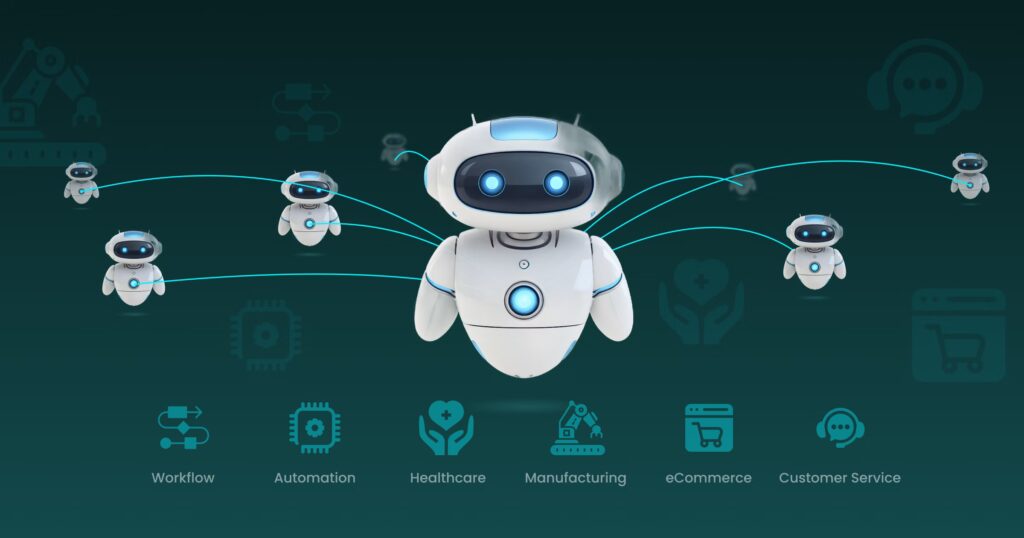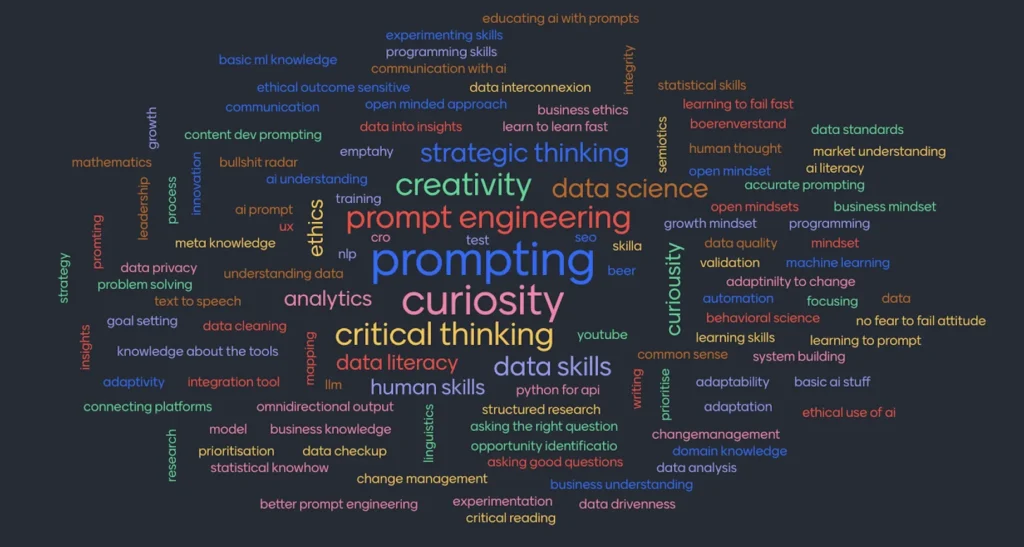We’re entering a new era—one where your brand doesn’t just exist in the digital space. It thinks, acts, and responds like a sentient system.
Welcome to the age of Agentic AI—where autonomous, goal-driven AI agents architect the entire digital experience of your brand, 24/7, across every touchpoint.
This isn’t automation. It’s orchestration.
🤖 What is Agentic AI?
Agentic AI refers to AI systems with autonomy, memory, reasoning, and long-term planning abilities. These agents don’t just answer prompts—they pursue objectives, learn from interactions, and adapt behavior in real-time.
In simpler terms:
An AI chatbot responds.
An AI agent remembers, plans, acts, and improves.
🧱 Why Agentic AI Matters for Brands
In an attention-fractured world, brand loyalty isn’t built on ads—it’s built on experience. That experience must be:
Frictionless
Consistent
Responsive
Personalized
Agentic AI makes that possible by evolving your brand from a static presence into a dynamic, interactive ecosystem.
⚙️ How to Build a Brand-Driven Digital Experience Using Agentic AI
Let’s map this into something actionable:
1. 🧭 Define Your Brand’s Digital Persona
Before deploying agents, define the brand’s voice, values, tone, and behavioral rules. This becomes the agent’s personality layer.
Agentic AI should embody your brand, not just represent it.
Think: If your brand were a person, how would it talk, solve problems, and think ahead?
2. 🕸 Map the Experience Ecosystem
Identify every brand touchpoint that could be intelligently enhanced:
Website
E-commerce flows
Onboarding journeys
Customer support
Community interaction
Content delivery
Now imagine each of those running on autonomous logic, capable of adapting to users in real-time.
3. 🛠 Deploy Modular AI Agents
You don’t need a monolith. Start small and scale smart:
Welcome Agent: Guides new users, adapts based on behavior
Support Agent: Troubleshoots, escalates, and learns with each case
Conversion Agent: Nudges users through friction points in the funnel
Content Agent: Curates or creates personalized brand content across platforms
Each agent works within a defined scope, yet collectively forms an intelligent, interconnected brand experience.
4. 🧠 Integrate Memory and Feedback Loops
What makes an AI agent agentic is context + memory.
Use vector databases or long-term memory modules to:
Remember returning users
Learn from previous behaviors
Tailor future responses or offers accordingly
You’re not just offering personalization.
You’re building relationship intelligence.
5. 📊 Measure What Matters
Ditch vanity metrics. Focus on:
Experience completion rates
Engagement depth
AI-to-human deflection efficiency
Brand perception shifts over time
Use this data to continuously refine both your agents and your overarching brand narrative.
🧬 The Real Shift: Brand as Living System
Your brand is no longer a logo and a mood board.
With Agentic AI, it becomes:
Conversational
Context-aware
Goal-directed
Evolving
It’s a living interface—not just a static design system.
This moves your brand from “being seen” to being experienced.
🧨 Final Thought: Don’t Just Use AI. Make It Brand-Native.
Most companies treat AI like a bolt-on feature. But Agentic AI is not a tool—it’s a team member. A digital brand ambassador. A real-time strategist.
If your brand isn’t yet thinking for itself, adapting on the fly, or engaging proactively—you’re not falling behind; you’re standing still.
In this new age, the best digital experiences won’t be built by brands.
They’ll be built by the brand’s AI.



